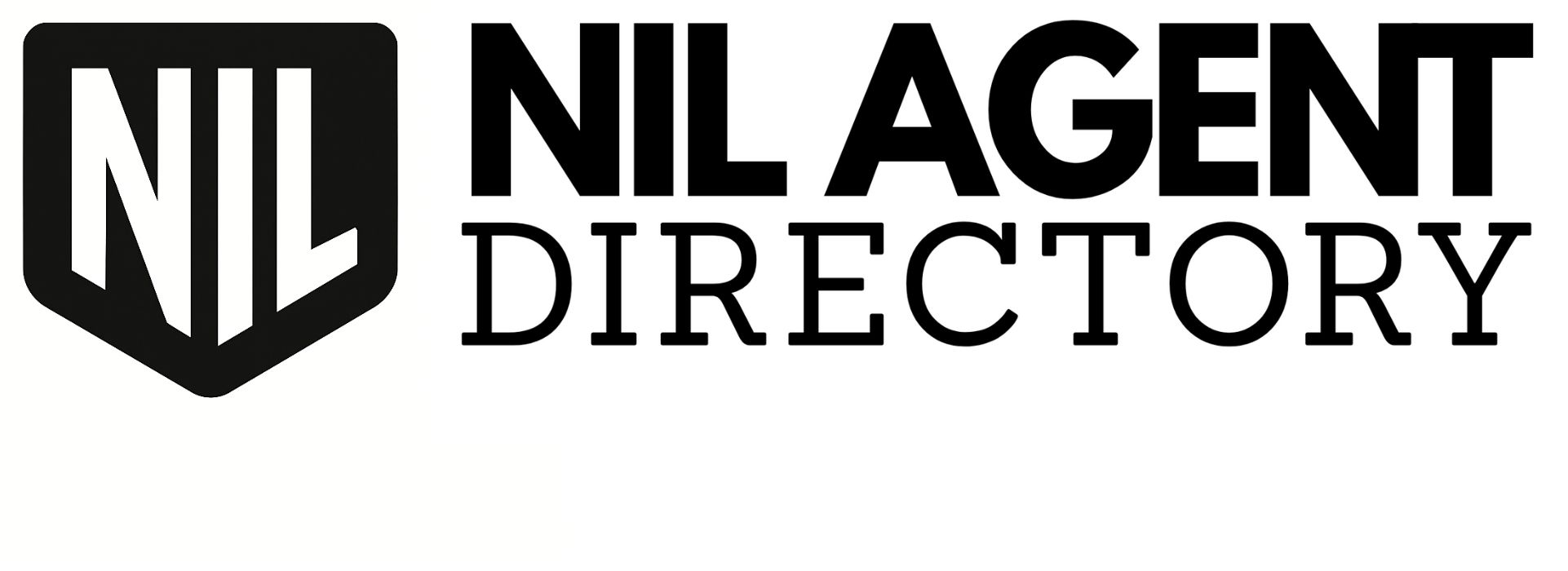As student-athletes navigate the new world of Name, Image, and Likeness (NIL), many are asking a simple but important question: Should I represent myself, or hire a professional NIL agent?
The short answer is yes — you can represent yourself. But the better question is: should you?
Let’s break down the pros and cons of being your own agent, so you can make the best decision for your goals, your brand, and your future.
Reasons You Might Choose to Represent Yourself
First, many athletes start out managing their own NIL opportunities. That makes sense, especially if you’re still learning how everything works.
If you’re just beginning to receive interest, or if your opportunities are mostly small, local offers — for example, a free meal for a social media post — you may not need an agent right away.
Another benefit of going solo is learning the business side of your career. Representing yourself helps you understand contracts, negotiations, brand partnerships, and tax obligations. That knowledge will serve you well whether you stay in sports or not.
You also keep more of your money. NIL agents usually charge 10% to 20% of your deals. If you’re doing the outreach and handling everything yourself, that money stays in your pocket.
Finally, some athletes are naturally good communicators. If you’re comfortable reaching out to brands, negotiating, and reviewing simple contracts, you may feel confident enough to handle things on your own — at least for now.
Reasons You Might Need an Agent
On the other hand, once your NIL activity starts growing — or becomes more complex — handling it alone can become risky and time-consuming.
If you’re starting to receive larger offers, such as multi-thousand-dollar sponsorships or long-term agreements, it’s wise to bring in a professional who understands contract law, compliance, and branding strategy.
Managing taxes is another big hurdle. Once you begin receiving significant NIL income, you need to track payments, estimate quarterly taxes, and possibly even set up a business entity. If you don’t do this properly, you could face penalties or lose financial aid eligibility.
Time is also a consideration. Being a student-athlete is already demanding. Adding contract negotiations, invoicing, compliance reporting, and brand management can quickly become overwhelming. A good NIL agent helps you protect your time, so you can focus on school and sports.
Most importantly, agents bring connections and relationships you might not have. They know what brands are looking for, how to pitch athletes, and how to increase your visibility in a crowded NIL market. Some doors only open when someone with the right network knocks.
A Smart Middle Ground
Many student-athletes start by representing themselves while using trusted tools and resources like NILAgentDirectory.com to navigate early deals and vet opportunities.
You can do your own research, network locally, and take advantage of your school’s NIL support. Then, once your brand and opportunities grow, you can evaluate agents more effectively and choose one who aligns with your goals.
This approach allows you to keep control early on, while still preparing for the day you may need help managing your business.
Questions to Ask Yourself Before Going Solo
Do I fully understand the NIL rules and regulations that apply to me, both from the NCAA and my state?
Am I comfortable reading contracts and knowing what to look for?
Can I manage payments, taxes, invoicing, and compliance without help?
Do I have the time to do all of this without it affecting my performance in class or on the field?
Am I growing my brand and visibility in a way that attracts real NIL opportunities?
If you answered no to most of these questions, that’s a sign you may need some help — even if it’s not a full-time agent yet.
What to Watch Out For If You Represent Yourself
If you decide to go solo, you must be especially cautious.
Never sign a contract you don’t understand. Always read the fine print. Don’t give away rights to your image or brand without fully understanding the terms.
Avoid “exposure” offers that don’t include real compensation. Don’t fall for scams, and don’t share personal info with brands or reps who can’t prove who they are.
Report all deals to your school’s compliance team, and keep careful records of your income.
Lastly, use NILAgentDirectory.com to compare agents and professionals, even if you aren’t ready to hire one. Knowing who’s out there helps you make better decisions when the time comes.
Final Thoughts
Yes, you can be your own NIL agent — especially in the beginning. And yes, many athletes have successfully managed their own deals.
But as your brand grows and money starts to get serious, so do the risks. That’s when having the right professional on your team can make all the difference.
Representing yourself isn’t about going it alone forever. It’s about understanding your business, protecting your name, and building a team when you’re ready.
You’re the brand. You’re the CEO. Whether you’re your own agent or working with one — act like it.
